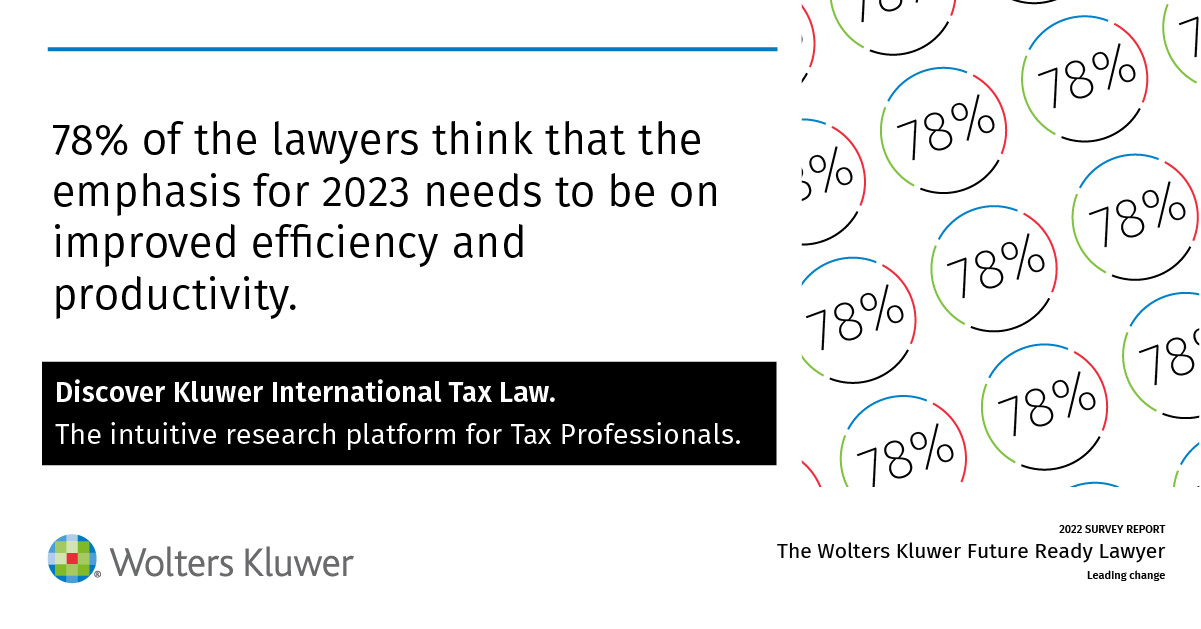China has made vast strides in environmental protection in the past decade. The Decision further indicates that “ecological civilization” a key development goal for China. Various schemes are being tried to curb harmful emissions, for example, a cap-and-trade system is already up and running in Shenzhen, Guangdong, and is slated to expand into six other pilot regions.
The carbon tax, as a market-based solution, is an incentives-based anti-pollution strategy that would penetrate the entire China economy. If the carbon tax measures are designed to be revenue-neutral and offset by rebates to end consumers, by business tax reductions, or by subsidies to the hardest-hit industries, a carbon tax might not hurt industry and growth and its negativity on the economy would be muted. Arguably, the carbon tax, a fixed charge per tonne of carbon emitted by industrial polluters, should be promising and easier to implement under the current tax administration, technological advancement and environment protection structure.
A carbon tax would benefit the economy and generate more revenue. In particular, first, a carbon tax would encourage gains in overall efficiency by spurring the adoption of more advanced technology. With productivity growth slowing, raising the cost of energy would force broader rationalization in many pockets of Chinese industry, including steel and cement where highly inefficient producers continue to operate. A carbon tax would strengthen China’s sustainable growth and improve productivity growth; therefore, it helps China switch from an outdated labor-intensive growth model to an environment-friendly, efficiency-driven growth model.
Second, government revenues would receive a mild but sweeping boost. Even a fairly modest carbon tax to begin with could bring in tax revenue, which would climb considerably higher over time as more and more industries are brought into the scheme. Extra revenue could be used to ease the adjustment pains that structural reforms inevitably entail. Moreover, the central and local government could share certain percentage of the extra revenue, reducing local governments’ reliance on land sales at inflated prices to plug budget gaps.
Third, a carbon tax would slow imports of fossil fuels, and undertake a direct cost saving for the Chinese economy that would boost growth in the long run. China has been a one of the largest importers of crude oil and coal. A carbon tax may maintain overseas energy sourcing in a reasonable pace and keep more capital spent domestically, which is structural to China’s economic reforms.
Although a carbon tax may burden businesses and slow investment, it might end up raising, not slowing, growth in China. China just needs to use carbon tax as an incentive to help allocating investments wisely. A carbon tax, coupled with stricter environmental regulation and enforcement, would render inefficient projects harder to sustain.
Most importantly, for the economy as a whole, a carbon tax would help generate savings by limiting environmental damage. Environmental degradation, including air pollution, is playing a critical role in increasing healthcare expenses in recent years. Although a carbon tax alone would not remedy the environmental degradation, it would offer an important step in curbing the hidden costs of pollution and help China’s economy evolve along a more sustainable path.
________________________
To make sure you do not miss out on regular updates from the Kluwer International Tax Blog, please subscribe here.
Kluwer International Tax Law
The 2022 Future Ready Lawyer survey showed that 78% of lawyers think that the emphasis for 2023 needs to be on improved efficiency and productivity. Kluwer International Tax Law is an intuitive research platform for Tax Professionals leveraging Wolters Kluwer’s top international content and practical tools to provide answers. You can easily access the tool from every preferred location. Are you, as a Tax professional, ready for the future?
Learn how Kluwer International Tax Law can support you.


